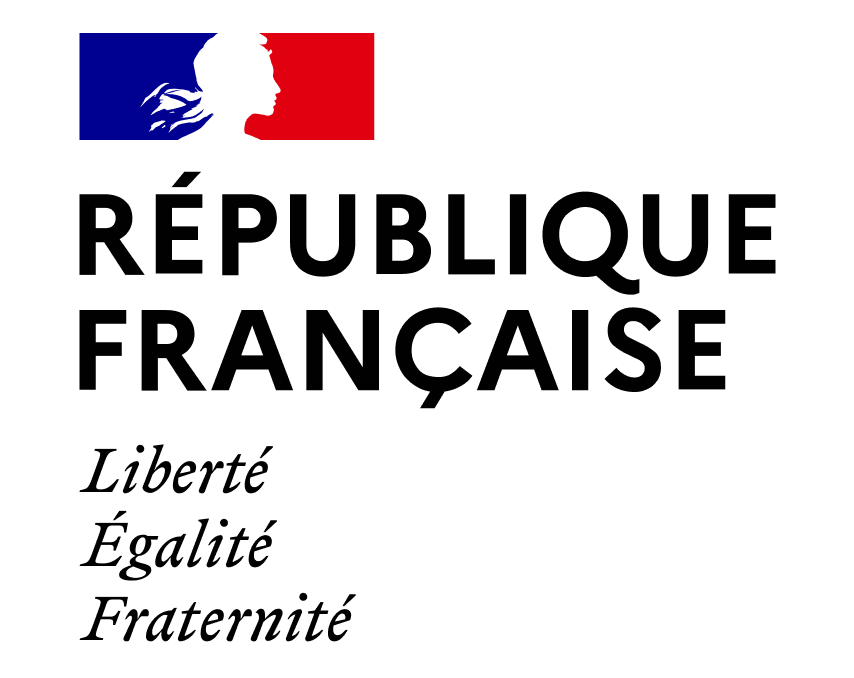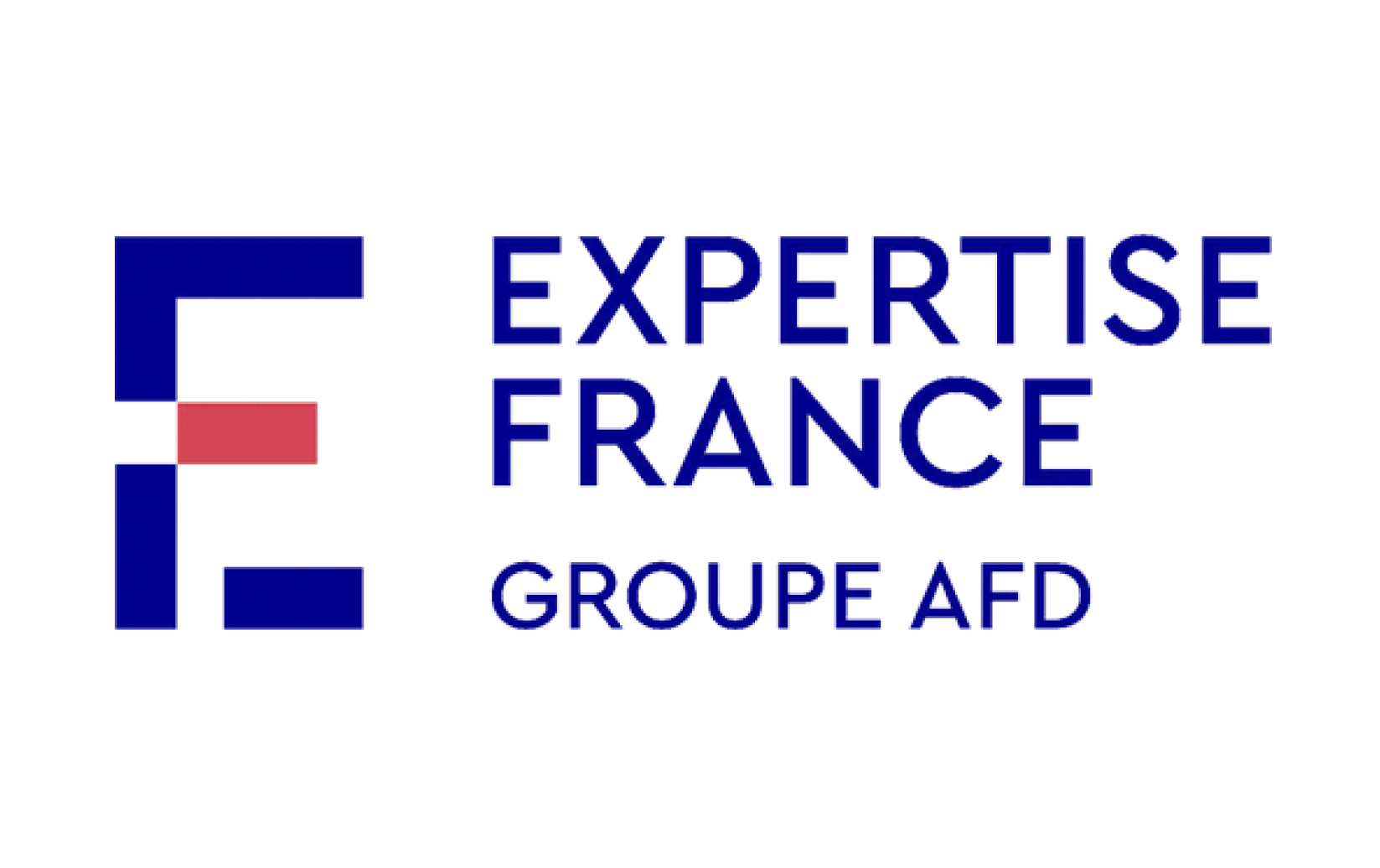Interesting Findings: EU4Skills Project Uncovers Key Data on Libya’s Skills and Employability Landscape
The EU4Skills project has successfully concluded its assessment phase—the first step of implementation—providing valuable insights into Libya’s current skills and employability landscape. The project, funded by the European Union and co-funded by the French government, was officially launched on August 1st, 2024, with the signing of a Memorandum of Understanding between Expertise France and the Libyan Ministry of Economy and Trade. Implemented in close partnership with Libyan institutions, the project aims to boost employability and support economic growth by aligning education with labor market needs, promoting digital skills, and developing expertise in the green and blue economies.
In partnership with the Mediterranean Universities Union (UNIMED) and BDO Jordan, the assessment aimed to create a shared and evidence-based understanding of Libya’s employment and skills ecosystem. Its specific objectives included identifying systemic challenges, capacity gaps, and opportunities for reform and gathering stakeholder priorities and expectations.
Conducted over six months, the assessment phase used a mixed-methods approach—combining desk research, targeted surveys, and qualitative tools such as focus groups and interviews with stakeholders across all Libyan regions. This inclusive process engaged policymakers, education providers, public and private sector actors, financial institutions, SMEs and community leaders, providing a well-rounded understanding of Libya’s employability landscape and informing the project’s strategic direction.
For instance, the assessment revealed a marked preference among youth for public-sector employment. In response, the project will incorporate targeted policy recommendations to improve the effectiveness of employment mechanisms and diversify job pathways. Instead of developing new tools, the project will prioritize upgrading existing digital curricula and hiring platforms, avoiding redundancy and optimizing existing resources. The assessment also highlighted key sectors for strategic focus, including the sustainable fisheries sector and implementing the Nexus Approach—an integrated framework that aligns water, energy, and food policies.
Furthermore, the project highlighted areas where the Central Bank of Libya could drive sector-wide reform, particularly in financial innovation and inclusion. It recommends targeted capacity-building support to enhance CBL’s regulatory role in digital payments, Fintech oversight, and sustainable SME finance in alignment with international best practices.
As EU4Skills enters its implementation phase, the project will advance comprehensive employability strategies, strengthen practical learning frameworks, and promote stronger links between education and the labor market. With a focus on digital skills, green and blue economy sectors, and inclusive SME inclusion and job creation, EU4Skills is aligned with Libya’s national priorities and global best practices—empowering young Libyans with the tools and opportunities to thrive in a dynamic employment landscape.
You can read some of the key findings and recommendations from the assessment phase here.


